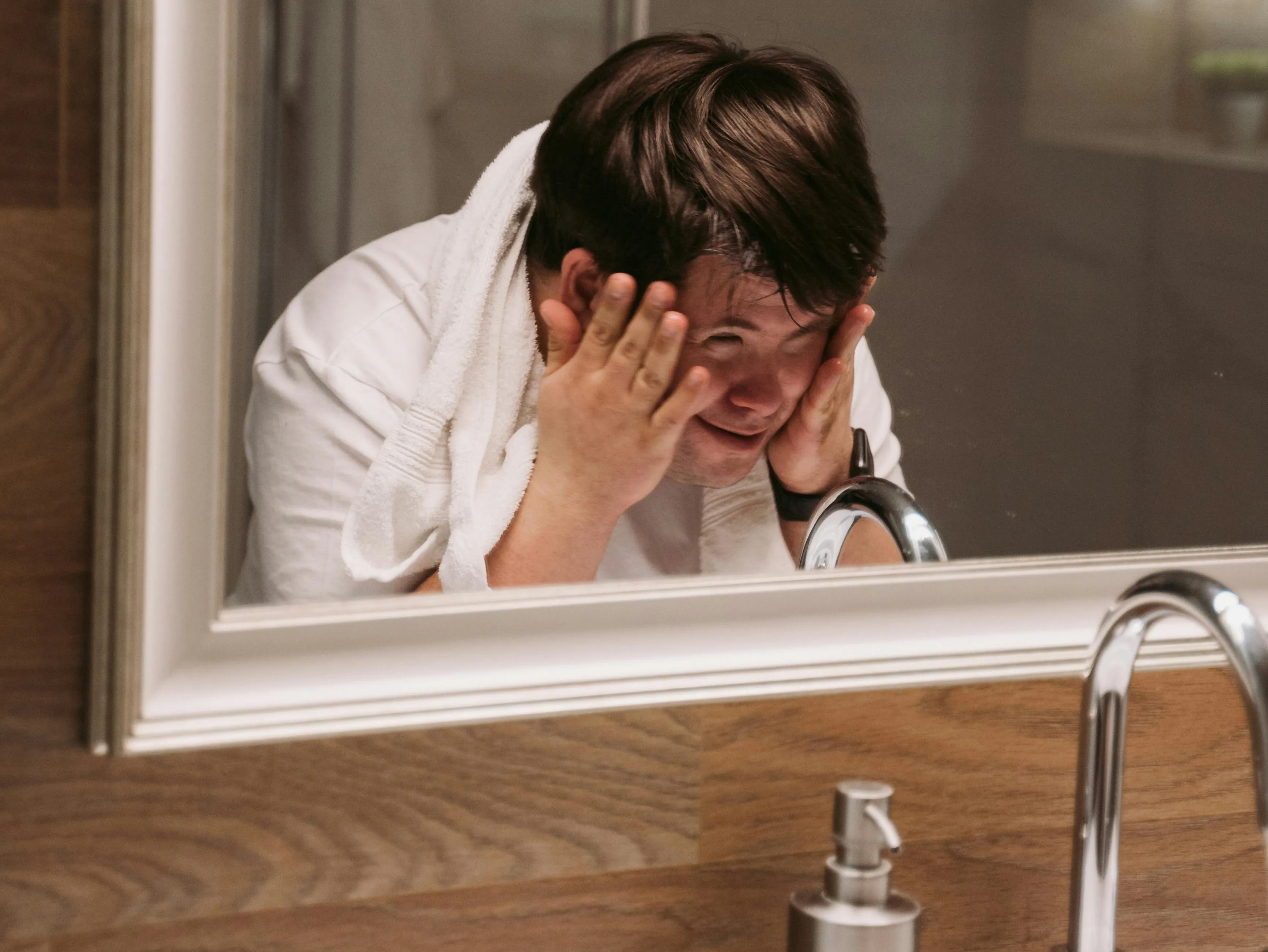
How can I teach my teen about good hygiene?
Most of us like to keep ourselves clean and tidy because we understand that good hygiene is important for maintaining good health. It can also make us feel good and build our self-esteem. We may also be mindful of what other people think of us.
Chances are we developed those hygiene skills when we were teenagers, alongside an awareness of our changing bodies and a new interest in sex and romance.
But not all teenagers develop this awareness, or the motivation to learn about and maintain good hygiene. Disabled and neurodivergent teenagers are more likely than others to be unaware of the social rules around good hygiene, and sometimes to struggle with acquiring the necessary skills.
Which is why it often comes down to parents and carers to give them a few helpful pointers along the way.
What can parents do?
Here are four things you might consider:
- Create your own sex and relationship education programme - one that you can teach at home, and which meets you child’s particular learning style and needs. A key component of that programme should be personal care – dressing, showering, using deodorant, brushing teeth, how to shave, managing your period, dealing with acne, wet dreams. It should also include advice on avoiding certain behaviours in public such as picking your nose, spots, or teeth or scratching an itchy crotch or butt.
- Use teaching techniques that have worked with your child before – break down tasks into smaller steps, provide lots of opportunities for practice or praise them for every achievement, no matter how small and providing meaningful rewards.
- Consider the most effective way of communicating with your child – they may benefit from visual reminders and include pictures of any new additions to their cleaning routine. For example, include pictures of deodorants, shavers, sanitary pads – whatever is relevant.
- Get your child’s buy-in to their new routine. Things might be easier if you give them choice over the products to use – for example, let them choose the deodorant they want, whether it’s because they love the picture on the outside of the bottle, or they like the way it smells.
Not all children will be able to grasp or practice all aspects of a hygiene routine, while others such as those with a physical impediment, are likely to be frustrated by this barrier to their independence. Just try your best. Do as much as you can to instil the skills that they are able to learn and practice.
For those children requiring an intimate care plan, see our article about what to include in that.
Sensory considerations
For some children, especially autistic children, sensory issues may interfere with establishing good hygiene habits. It is quite common for autistic children to dislike the feeling of water from a showerhead on their skin. The solution may be to drop the water-pressure in your showerhead, or for your child to have baths instead. Sensory issues may also interfere with period management – limiting or exaggerating your child’s inclination to change their sanitary product. Learn more with our article on periods.
Social scrutiny
It can also be an issue for disabled and/or neurodivergent children that they are unaware or indifferent to the social rules around hygiene, as well as the health implications. Most parents, however, will be acutely aware that disabled children are subject to more judgement and scrutiny than other children, and so it becomes even more important to reinforce good grooming and hygiene.
For all teens, as they grow and develop, improving their ability to manage intimate tasks themselves will improve their self-esteem and sense of autonomy.
Finally, remember, there are some fundamental objectives to a good personal care programme:
- Teach and reinforce skills for good hygiene practices.
- Help your child understand the social rules that underpin good grooming and hygiene.
- Reinforce the concept of public and private behaviour – for example, it is okay to comb your hair in public, but it is not okay to change your tampon with the toilet door open.
For more information, check out the helpful materials and related articles linked below.
Helpful materials
A variety of resources offering guidance on sexuality, relationships, and puberty for individuals with intellectual and developmental disabilities.


